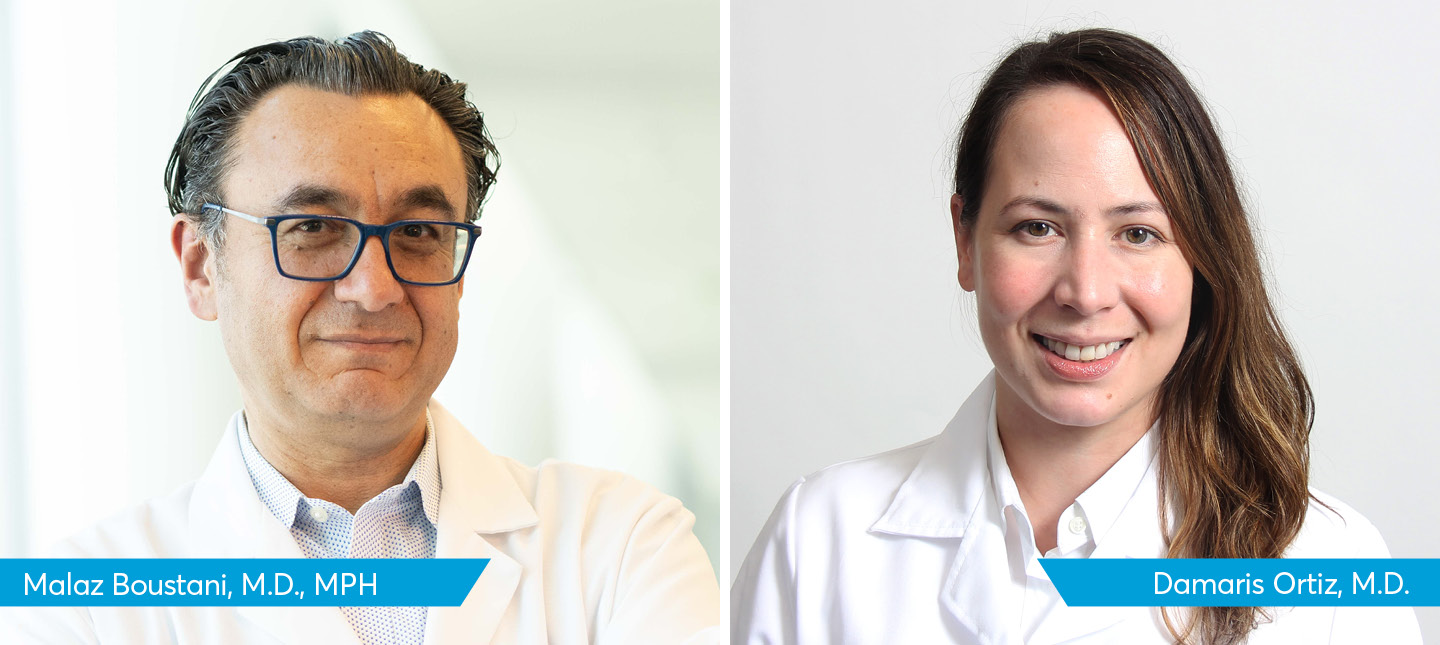Nicole Fowler, PhD, explains why it’s important to interview providers of older adults regarding driving cessation
Transcript:
Older adults start to lose some of their ability to perform certain activities safely, such as driving, for example. It inherently sort of initiates a conversation at potentially a family level, but it doesn’t necessarily trickle over into care.
And so what we wanted to do in this study was to specifically interview providers of older adults to learn a little bit about the discussions that they have had with older patients around driving and also talk to what we call experts who understand some of the larger implications for driving safety for older adults.
It really becomes a difficult decision, especially in environments where driving is really linked with people’s independence and autonomy. And so it actually has larger implications than just sort of public safety. It also can be psychological well-being and quality of life.
Dr. Fowler mentions how driving ability isn’t all-or-nothing; it can involve adjusting patterns to fit changing capabilities.
Transcript:
Driving is not an all-or-nothing task either, where you can start to make some decisions as a patient and as a family about: Maybe I don’t drive on the highway anymore; and maybe I just drive in the daylight; and I don’t drive when the weather’s bad. So it’s talking about changes in ability doesn’t necessarily mean all-or-nothing. It can start to have a discussion about what’s the appropriate changes in driving patterns for that person.









